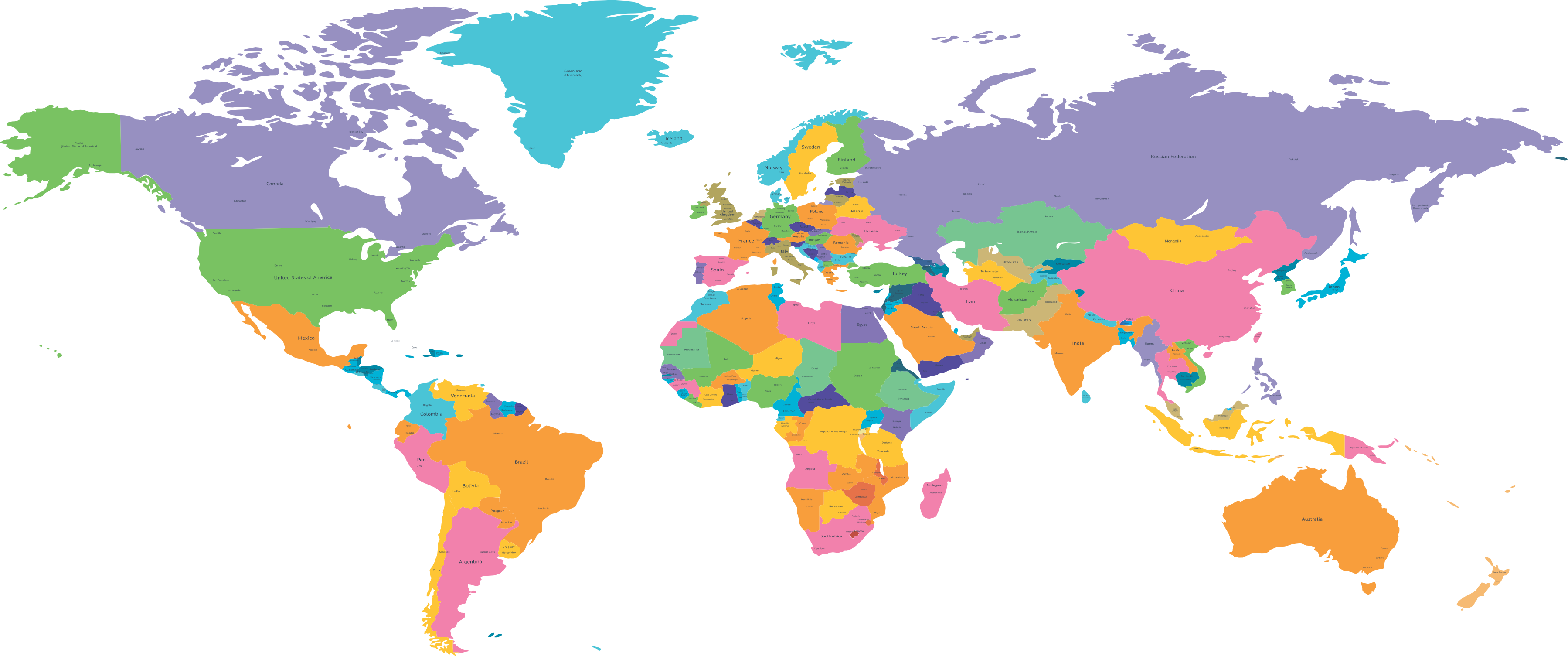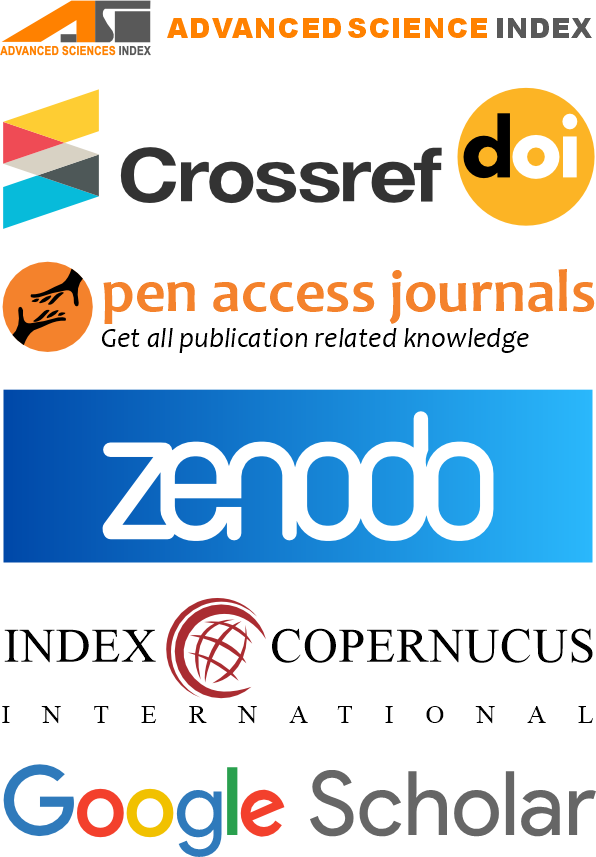School Principals' Role as Inclusive Leaders to Foster Academic Engagement
DOI:
https://doi.org/10.62997/rl.2025.41019Keywords:
School Principals, Inclusive Leader, Academic Engagement, Education, School AdministratorsAbstract
Inclusive leaders play a critical role in fostering an engaged culture by upholding justice and fairness, which are important factors that motivate and bind employees. The study was qualitative in nature. Secondary school Principals were selected as participants in the study. There were 15 secondary school principals who participated in the study. The data was collected through semi-structured interviews. The responses to questions were analyzed using thematic analysis. The study emphasizes important tactics used by principals to encourage inclusion through interviews with school administrators. The interviews were transcribed using thematic analysis. According to the research, inclusive principals increase student involvement and help diverse student groups achieve better academic results. The study emphasizes how crucial leadership is in establishing inclusive teaching methods and the beneficial effects this has on student participation.
References
Ainscow, M., & Sandill, A. (2010). Developing inclusive education systems: The role of organizational cultures and leadership. International Journal of Inclusive Education, 14(4), 401-416. https://doi.org/10.1080/13603110802504903
Andini, D. W., Anafiah, S., & Rahayu, A. (2018). The Development of Inclusive Education in Yogyakarta Elementary School. International Conference of Education, 1, 42-46. https://jurnal.ustjogja.ac.id/index.php/ICE/article/view/4202
Carmeli, A., Reiter-Palmon, R., & Ziv, E. (2010). Inclusive leadership and employee involvement in creative tasks in the workplace: The mediating role of psychological safety. Creativity Research Journal, 22(3), 250–260. https://doi.org/10.1080/10400419.2010.504654
DeMatthews, D. (2015). Making sense of social justice leadership: A case study of a principal’s experiences to create a more inclusive school. Leadership and Policy in schools, 14(2), 139–166. https://doi.org/10.1080/15700763.2014.997939
Dematthews, D. E. (2018). Community advocacy and school leadership: A case study of an urban principal’s role in school integration. Educational Administration Quarterly, 54(5), 805–841.
DeMatthews, D. E., Kotok, S., & Serafini, A. (2020). Leadership preparation for special education and inclusive schools: Beliefs and recommendations from successful principals. Journal of Research on Leadership Education, 15(4), 303–329. https://doi.org/10.1177/1942775119838308
DeMatthews, D.E., Billingsley, B., McLeskey, J. & Sharma, U. (2020). Principal leadership for students with disabilities in effective inclusive schools. Journal of Educational Administration, 58(5), 539–554. https://doi.org/10.1108/JEA-10-2019-0177
Edmondson, A. (1999). Psychological safety and learning behavior in work teams. Administrative Science Quarterly, 44(2), 350–383. https://doi.org/10.2307/2666999
Freeman, T. M., Anderman, L. H., & Jensen, J. M. (2007). Sense of belonging in college freshmen at the classroom and campus levels. The Journal of Experimental Education, 75(3), 203-220. https://doi.org/10.3200/JEXE.75.3.203-220
Frick, W. C., Faircloth, S. C., & Little, K. S. (2013). Responding to the collective and individual “best interests of students” revisiting the tension between administrative practice and ethical imperatives in special education leadership. Educational Administration Quarterly, 49(2), 207–242. https://doi.org/10.1177/0013161X12463230
Goodenow, C., & Grady, K. E. (1993). The relationship of school belonging and friends’ values to academic motivation among urban adolescent students. Journal of Experimental Education, 62(1), 60–71. https://doi.org/10.1080/00220973.1993.9943831
Graham, L.J. (2020). Inclusive Education for the 21st Century. Theory, Policy and Practice. Routledge.
Hoppey, D., & McLeskey, J. (2013). A case study of principal leadership in an effective inclusive school. The Journal of Special Education, 46(4), 245–256. https://doi.org/10.1177/0022466910390507
Khaleel, N. Alhosani, M. & Duyar, I. (2021). The Role of School Principals in Promoting Inclusive Schools: A Teachers’ Perspective, Frontiers in Education, 6:603241.
Khalifa, M. A., Gooden, M. A., & Davis, J. E. (2016). Culturally responsive school leadership: A synthesis of the literature. Review of Educational Research, 86(4), 1272–1311. https://doi.org/10.3102/0034654316630383
Koutrouba, K., Markarian, D.A., & Sardianou, E. (2018). Classroom Management Style: Greek Teachers’ Perceptions. International Journal of Instruction, 11(4), 641-656.
Lambrecht, J., Lenkeit, J., Hartmann, A., Ehlert, A., Knigge, M. & Spörer, N. (2022). The effect of school leadership on implementing inclusive education: how transformational and instructional leadership practices affect individualized education planning. International Journal of Inclusive Education, 26(9), 943-957
Lazaridou, A. (2019). Exploring the Values of Educators in Greek Schools. Research in Educational Administration and Leadership, 4 (2), 231-270.
Leithwood, K., Harris, A., & Hopkins, D. (2020). Seven strong claims about successful school leadership revisited. School Leadership & Management, 40(1), 5–22.
Nishii, L. H. (2013). The benefits of climate for inclusion for diverse groups. Academy of Management Journal, 56(6), 1754-1774.
Oskarsdottir, E., Donnelly, V., Turner-Cmuchal, M., & Florian, L. (2020). Inclusive school leaders: Their role in raising the achievement of all learners. Journal of Educational Administration, 58(5), 521– 537.
Randel, A. E., Dean, M. A., Ehrhart, K. H., & Chung, B. G. (2018). Inclusive leadership: Realizing positive outcomes through belongingness and being valued for uniqueness. Human Resource Management Review, 28(2), 190-203.
Randel, A. E., Galvin, B. M., Shore, L. M., Ehrhart, K. H., Chung, B. G., Dean, M. A., & Kedharnath, U. (2018). Inclusive leadership: Realizing positive outcomes through belongingness and being valued for uniqueness. Human resource management review, 28(2), 190-203.
Robinson, V. M. J., Lloyd, C. A., & Rowe, K. J. (2008). The impact of leadership on student outcomes: An analysis of the differential effects of leadership types. Educational Administration Quarterly, 44(5), 635-674.
Ryan, J. (2016). Promoting inclusive leadership in diverse schools. Canadian Journal of Educational Administration and Policy, 185, 1–34.
Shore, L. M., Randel, A. E., Chung, B. G., Dean, M. A., Holcombe Ehrhart, K., & Singh, G. (2011). Inclusion and diversity in work groups: A review and model for future research. Journal of Management, 37(4), 1262-1289. https://doi.org/10.1177/0149206310385943
Tomlinson, C. A. (2014). The differentiated classroom: Responding to the needs of all learners. ASCD.
Vlachou, A. (2004). Education and inclusive policy-making: implications for research and practice. International Journal of Inclusive Education, 8(1), 3–21. https://doi.org/10.1080/1360311032000139449
Vlachou, A., & Tsirantonaki, S. S. (2023). The importance of school principals’ values towards the inclusive education of disabled students: Associations between their values and knowledge, beliefs, attitudes and practices. Education Sciences, 13(4), 360. https://doi.org/10.3390/educsci13040360
Vlachou, A., Didaskalou E., & Papananou, I. (2012). Conceptual approaches to disability and their implications for the education of people with disabilities, In A. Zoniou-Sideri, E. DeropoulouDerou, & A. Vlachou-Balafouti (Eds.), Disability and educational policy: A critical approach to special and inclusive education of education, (pp.65-89). Pedio.
Vlachou, A., Karadimou, S., & Koutsogeorgou, E. (2016). Exploring the views and beliefs of parents of typically developing children about inclusion and inclusive education. Educational Research; a Review for Teachers and All Concerned with Progress in Education, 58(4), 384–399. https://doi.org/10.1080/00131881.2016.1232918




